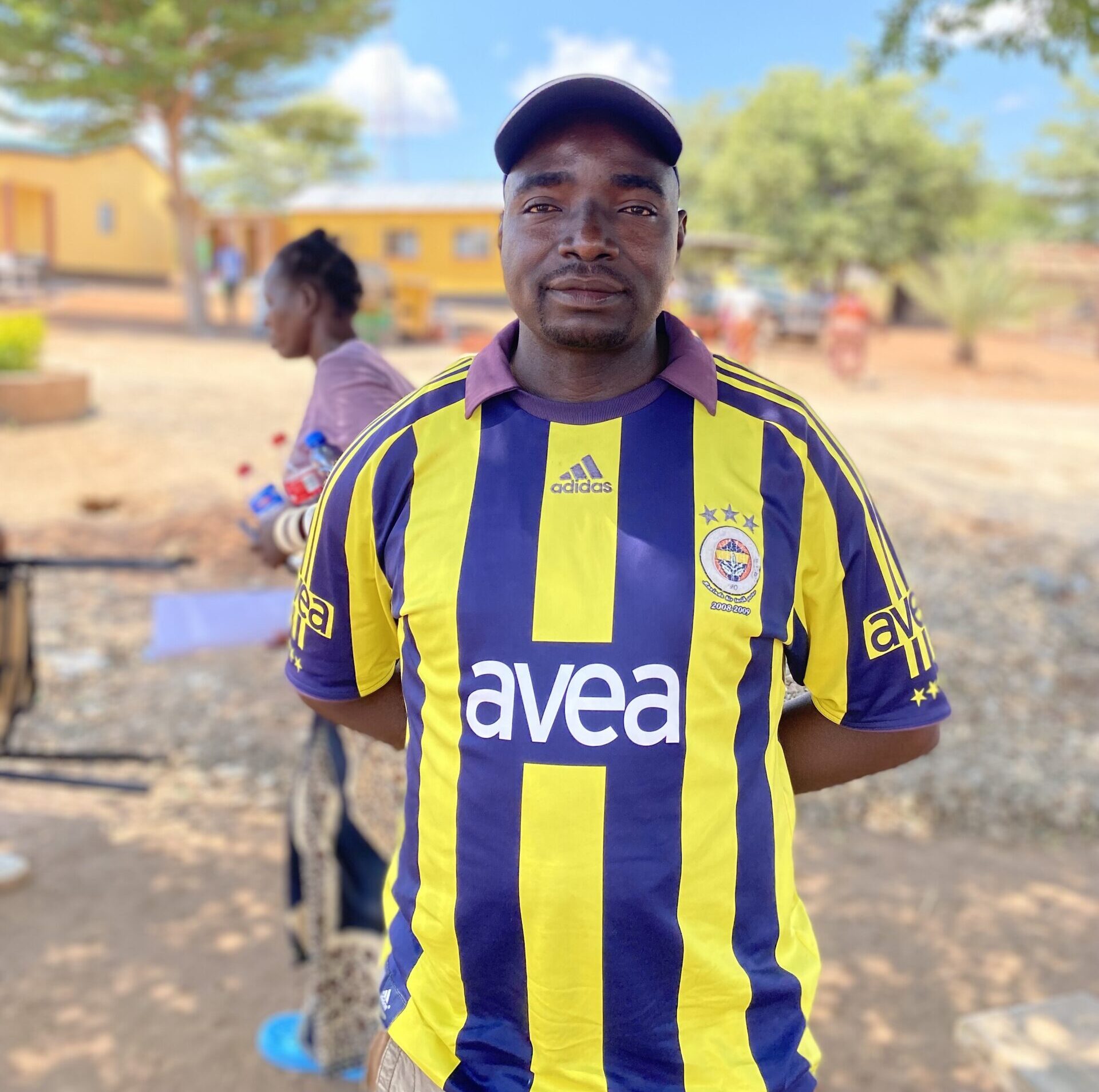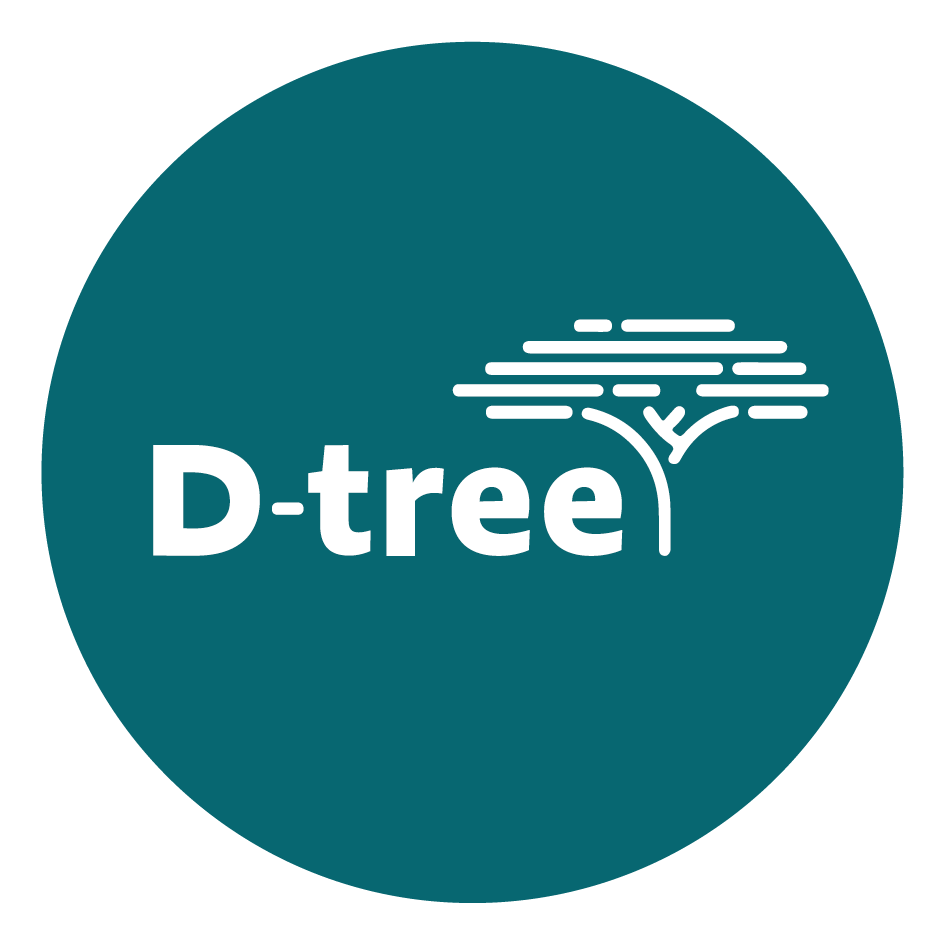Nearly nine million people around the world die each year from preventable causes, simply because of where they live and are beyond the reach of the health system.
Many Zambians, especially in rural communities, rely on community health workers as their primary, and sometimes only, source of healthcare. Morris Simwanza is a community health worker in Simonga, a rural area outside of Livingstone. He has been delivering malaria screening and testing to people in his community for many years.
In Zambia, there is currently momentum to improve access to and quality of healthcare at the community level. D-tree is excited to join forces with On Call Africa to demonstrate the Ministry of Health’s revised national community health system. D-tree is providing timebound, critical support to this program to develop the digital side of the national community health system and equip the community health workers with tools to provide high-quality, patient-centered health services to Zambians. Morris Simwanza is one of them.

“Before my work used to be related to malaria screening and testing, but now with the coming of the revised Community Health Service Package, I have been trained to provide other services such as health promotion and education, adult HIV, and maternal and child health.”, he says.
D-tree is currently carrying out human-centered design activities with On Call Africa, the Ministry of Health and community health workers focused on addressing critical gaps in health service delivery, referrals, and community data. The current system is based on paper forms. This can be cumbersome for the community health workers and creates challenges with data completeness and quality that result in an incomplete picture of what is going on at the community level.
“The app can help me remember how to correctly deliver health promotion messaging and what houses I have to visit. It will make me faster as I won’t be spending time writing this on paper”
At scale, the potential reach of this national community health system is substantial, with the potential to support approximately 67,000 health workers and provide high-quality services to nearly 20 million Zambians. The combination of high-quality, people-centered health service delivery and real-time data for decision-making will strengthen the health system in Zambia so that more people can get the right care, at the right place and at the right time.
To learn more about this work and support us on this journey, get in touch on partnerships@d-tree.org and sign up to our newsletter.

